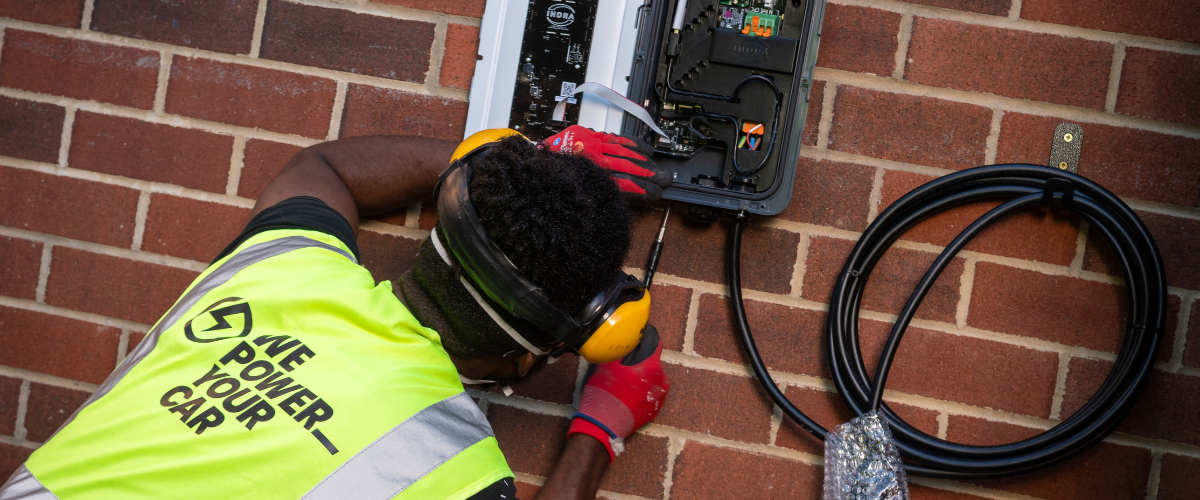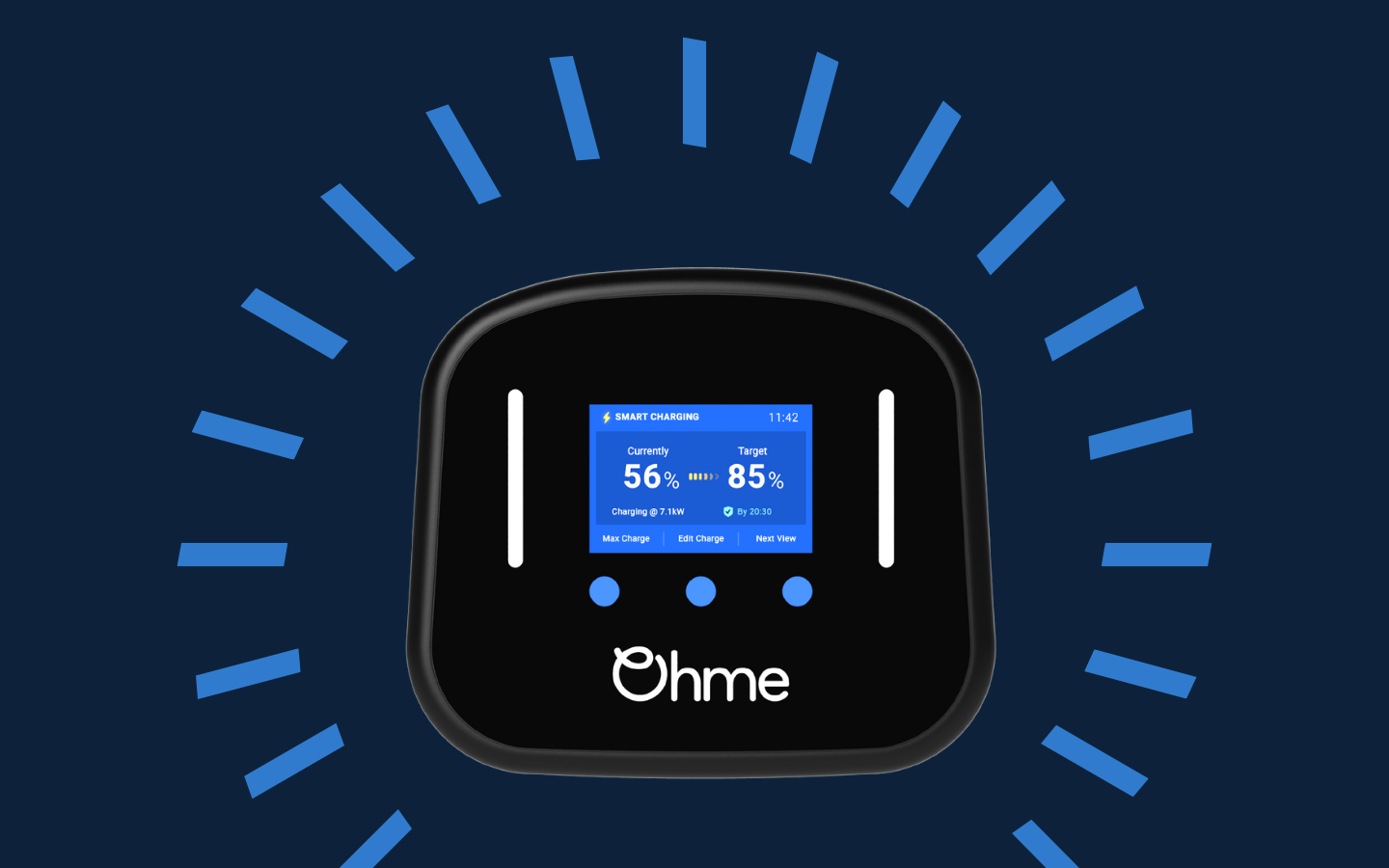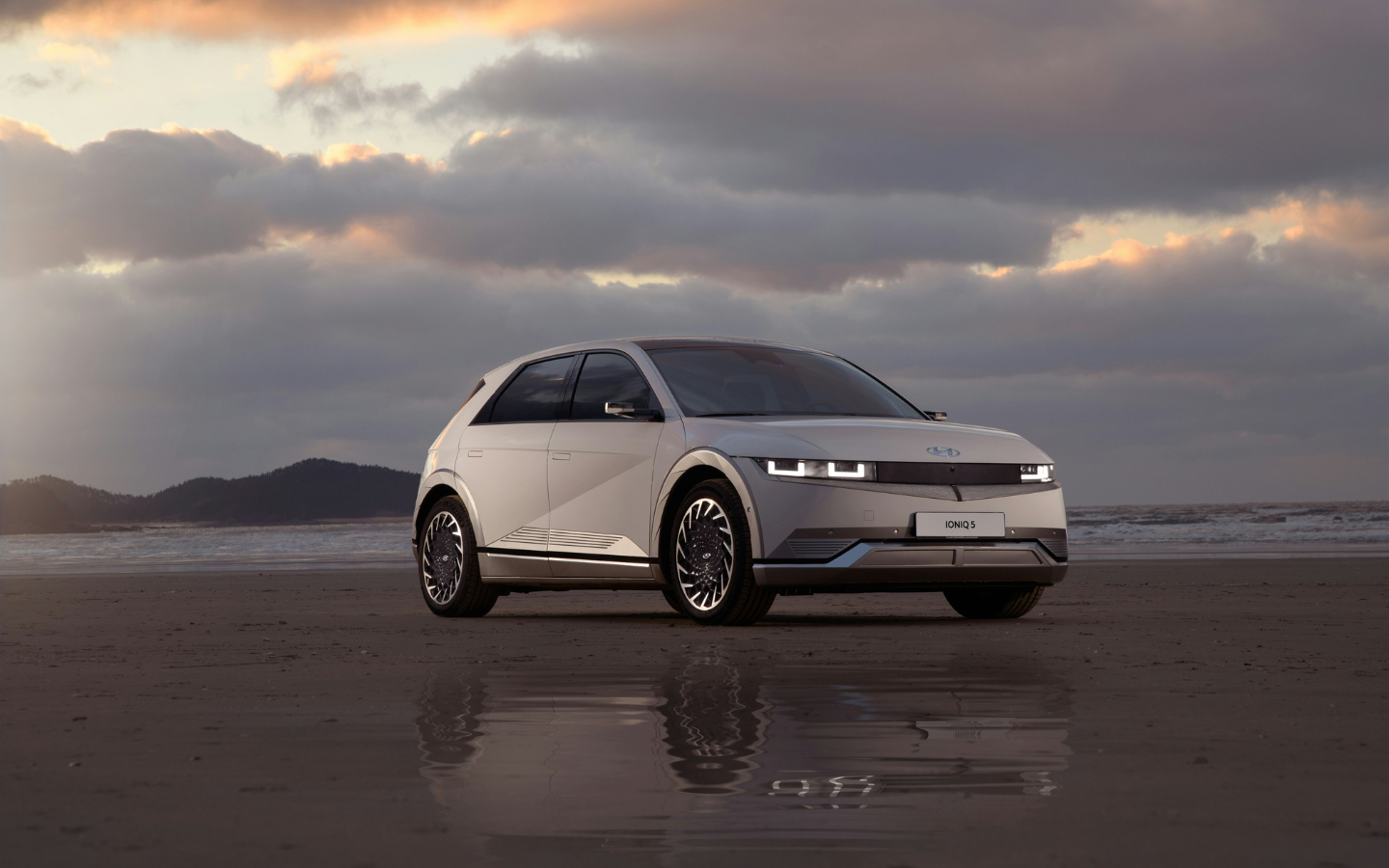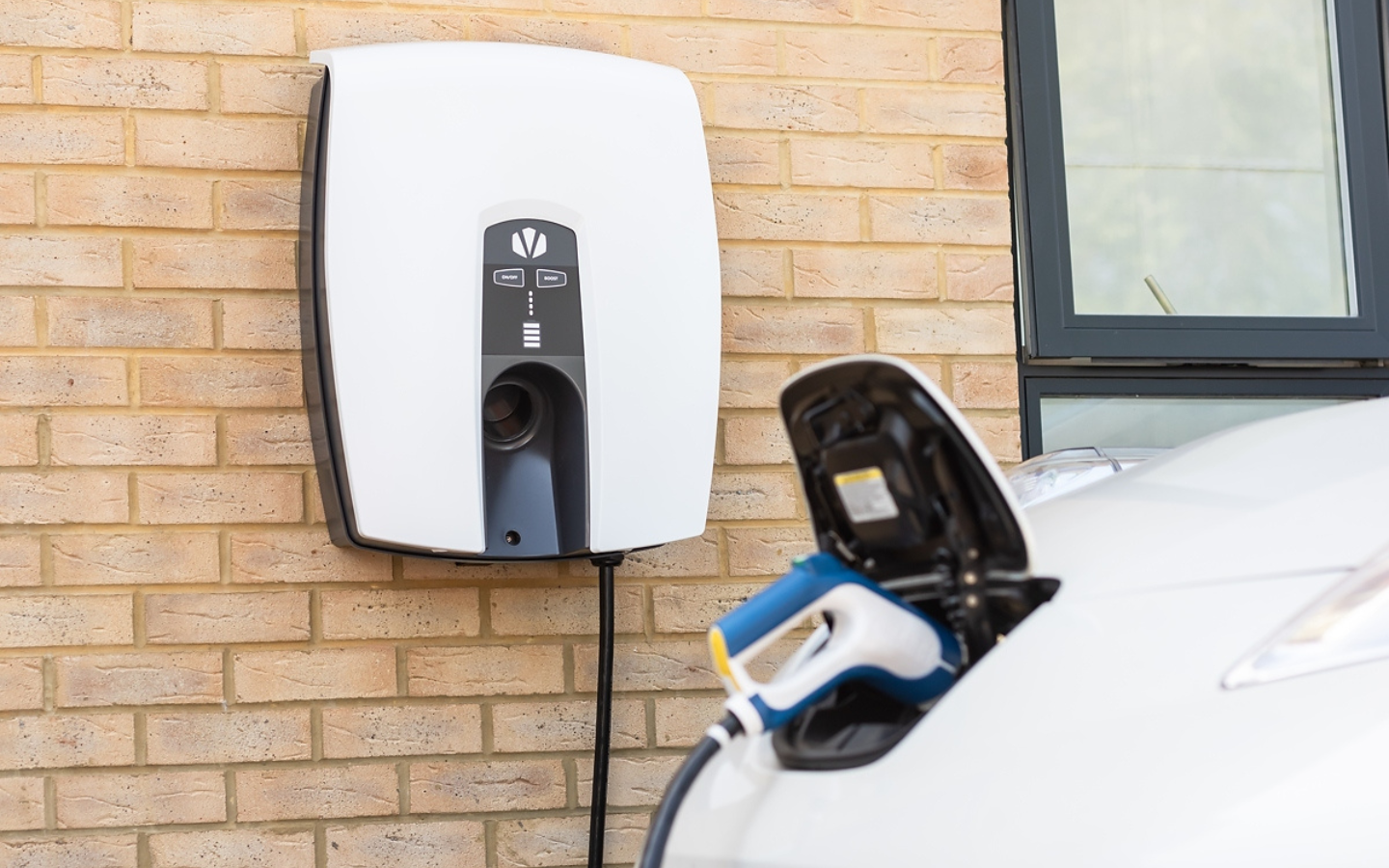

Are EVs heavier than petrol cars?
Despite the many benefits of electric cars, EVs are often criticised for how heavy they are. As a matter of fact, a common myth is that their weight will collapse bridges and multi-story car parks.
But are EVs heavier than petrol cars? Should you worry about the weight of electric cars?
In short, EVs are heavier than petrol cars, but the difference in weight between electric cars and petrol cars is not substantial. Truthfully, this small difference will make it unlikely for the average person to notice any significant difference in daily driving.
Let’s get into the detail.
Why are electric cars heavier than petrol or diesel cars?
Electric cars are heavier than traditional petrol or diesel cars due to their large battery packs. These battery packs weigh around 450kg on average and make up as much as 25% of the car’s total weight.
The weight of electric vehicle batteries has increased over the last decade as the range of EVs has expanded significantly. This increase in range has required larger and heavier batteries to power the vehicles for longer distances, contributing to the overall weight of electric cars.
Aside from the battery, electric motors found in electric cars are also typically heavier than gasoline engines that produce the same amount of power. Also, electric vehicles need extra support to handle the weight of the battery. Additionally, they have cooling systems and special parts for regenerative braking, all adding additional weight.

How much heavier are electric cars than petrol cars
Electric vehicles, on average, tend to be heavier by 300kg to 400kg compared to petrol cars, as calculated by Transport & Environment.
- For instance, the Vauxhall Corsa, offered in both petrol and electric versions, showcases this weight difference. The petrol Vauxhall Corsa weighs 1,605kg, while its electric counterpart weighs 1,961kg.
- However, it’s worth noting that while electric and hybrid equivalents are likely to be heavier, a large petrol or diesel car typically weighs more than an average-sized EV. This is significant, as large vehicles like SUVs are becoming increasingly popular. For example, New Range Rovers usually weigh upwards of 2400 kg, which is heavier than many EVs.

How heavy is an electric car?
The weight of an electric car can vary based on factors such as the model, size, and battery capacity. Generally, most electric vehicles tend to be heavier than traditional cars, with weights exceeding 1500 kg. For instance, the Tesla Model 3, a popular electric car model, weighs approximately 2200 kg, and the Nissan Leaf weighs 1995 kg.

Why does electric car weight matter?
While EVs may be heavier, this is not likely to cause any major issues, and you are unlikely to notice the difference if you are used to driving an ICE vehicle. In fact, the extra weight can improve performance and make the car more steady on the road.
Also, insurance claim statistics show that people in electric vehicles are less likely to be injured in electric vehicles than ICE vehicles due to vehicles’ extra weight.
However, with a heavier vehicle, the added weight may affect its handling and agility, making it less responsive to drive.
Many myths exist about the impact of electric vehicles on infrastructure, including claims that their weight can lead to car parks and bridges collapsing. Despite these rumours, there is no evidence supporting these claims.
It’s important to note that all vehicles are increasing in size and weight, mainly due to the rising trend of SUVs. As such, it is crucial to consider that many traditional internal combustion engine vehicles may actually weigh more than electric cars do.
Will Electric Cars Get Lighter In The Future?
Batteries make up a large percentage of a vehicle’s weight. So, to reduce the weight of an electric car, the weight of the battery must be reduced.
But, creating lighter batteries has challenges. Lithium-ion batteries are naturally heavy. A lighter battery may decrease the vehicle’s performance and range. Still, the weight of EV batteries is a problem that the automotive industry is aware of.
Ned Curic, the Chief Technology Officer of leading global automaker Stallantis, states that they aim to create a battery that is at least 50% lighter than current batteries by 2030. The company has invested 40 million euros in its battery technology centre, which will test and develop EV battery packs for upcoming vehicles.
As such, car manufacturers are working hard and investing lots of money to introduce new lightweight and smaller battery packs that will eventually bring the overall weight of a car down.
There are other ways that vehicle manufacturers can reduce the weight of an EV, such as using lightweight materials such as carbon fibre composites. Yet, a reduced battery weight will make the biggest impact.
Summary:
So, the big question – are electric cars heavier than petrol cars?
In truth, electric vehicles are heavier than petrol and diesel cars due to their large lithium-ion batteries, constituting up to 25% of an electric car’s weight. On average, electric cars weigh between 300kg and 400kg more than petrol cars. While the added weight can enhance stability and safety, it may also affect handling and agility.
The automotive industry is working on lighter batteries to make EVs lighter in the future. However, achieving this will require a large investment of money and time, as battery performance must not be affected in the process.
If you want to switch to an EV or have already made the switch, a home charger is the safest, cheapest and most convenient way to charge. Ready to make the investment? Click below to get your free EV home charger quote, browse our range of market-leading chargers, or contact us for more information.
Latest from We Power Your Car
Stay up to date on the latest from We power your car_
I consent to receive newsletters from We Power Your Car. Please see our Privacy Policy


















